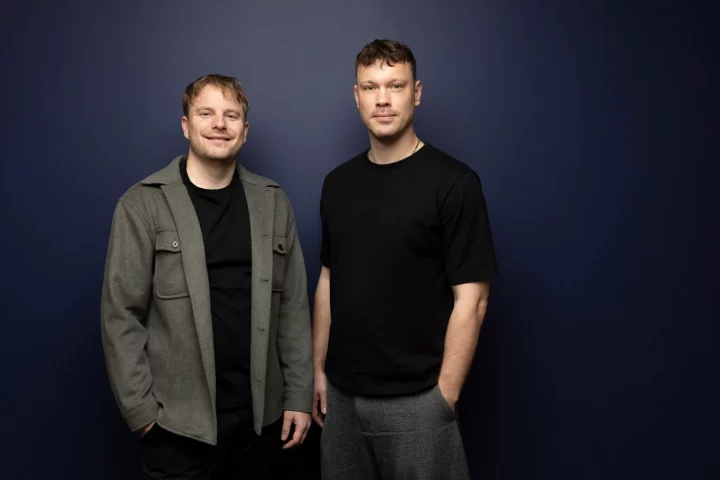London‐based startup Fyxer AI has raised a $30 million Series B funding round led by Madrona Venture Labs, with participation from Lakestar and high-profile investors including Marc Benioff.
The company, co-founded by Richard Hollingsworth, Archie Hollingsworth and Matthew Ffrench, said it has grown its annual recurring revenue (ARR) from $1 million to approximately $17 million in eight months and is targeting $50 million ARR by the end of 2025 and $100 million by end of 2026.
Fyxer AI, founded in late 2023 specialises in AI-driven executive assistant tools for everyday professionals, offering email drafting, meeting summaries and inbox/meeting workflow automation. According to the company, it scaled from $1 million ARR to more than $17 million in less than eight months.
On 9 September 2025 the Series B round of approximately $30 million (sometimes stated as £22 m equivalent) was announced, with Madrona taking the lead and Lakestar participating. Previous funding included a $10 million Series A led by 20VC (Harry Stebbings) in March 2025.
Fyxer’s product integrates with widely used tools such as Gmail, Outlook, Microsoft Teams and Slack, with the aim of being embedded in professionals’ existing workflows rather than asking users to adopt entirely new platforms.
The company highlights a user-retention rate of about 90 % at the three-month mark, a strong metric in productivity SaaS. In its blog post, the company explains its roots: the founders previously ran a virtual executive assistant agency, which they leveraged as a dataset and launch pad for the AI product.
The product claims to serve a broader workforce (the “95 % of workers who aren’t in tech roles” per its communication) rather than high-end executives only.
The productivity-tools segment built around generative AI is a hot area. Many workers spend a large share of their day on emails, scheduling and admin; Fyxer argues it addresses that long-standing inefficiency.
However, competition is significant. Larger incumbents such as Microsoft (with its Copilot offerings), Google (via Gmail and Workspace) and startups such as Superhuman (recently acquired by Grammarly) are active in adjacent markets.
The question will be whether Fyxer can differentiate sufficiently in product, distribution or data-moats.
According to analysis, Fyxer has pursued a “product-led growth to enterprise” route: starting with individual professionals or small teams and scaling into larger organisations.
The speed of growth, from $1m to $10m ARR in six months, according to Madrona’s write-up, suggests strong demand and product/market fit. The blog post from Fyxer claims enterprise customers such as Knight Frank (UK) and eXp Realty (US) have adopted the product.
Fyxer is aiming for $50 million in ARR by end-2025 and $100 million by end-2026 (as per your prompt; though publicly the company states “above $17m” with implied further growth).
While public announcements don’t spell out those exact targets, the pace thus far supports aggressive scaling. Achieving ~$33m additional ARR in under four months (if starting at $17m in September) would require rapid ramp-up of sales, renewals and new customers. Moreover, inflation of ARR must be backed by high-quality retention, low churn and expanding usage, which Fyxer appears to emphasise.












